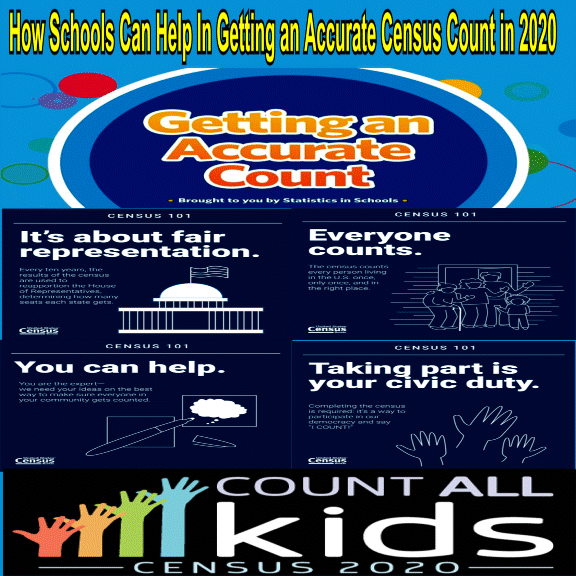“How will we know how our kids are doing if we don’t test them?” Here’s how…
Attending the recent Public Education Forum in Pittsburgh last weekend was a wonderful experience in many ways…getting a chance to hear what many of the presidential candidates had to say about public education; meeting some of my favorite education reporters bloggers, and activists; and finally seeing public education receive the attention it deserves as one of the most important issues facing our nation. All in all, it was a terrific weekend…except for one nagging question, left largely unanswered by any of the candidates, and now lingering and looming over the next several months of debates, analyses, and discussions.
This question was asked many times, and in a variety of ways, but in its most essential form it looks pretty much like this:
“How will we know how our kids are doing if we don’t test them?”
On its face this looks like a perfectly legitimate question. After all, isn’t that what “tests” are for? To determine what and how much students know? Didn’t all of us have to take tests when we were in school? We turned out ok, so what’s the big deal? Why do so many teachers have such strong feelings about testing all of the sudden? What’s going on???
Well, first–a little context.
That was then, this is now…
A lot has changed when it comes to testing, and how it’s done in our schools today as compared to CONTINUE READING: "How will we know how our kids are doing if we don't test them?" Here's how… | Eclectablog

















